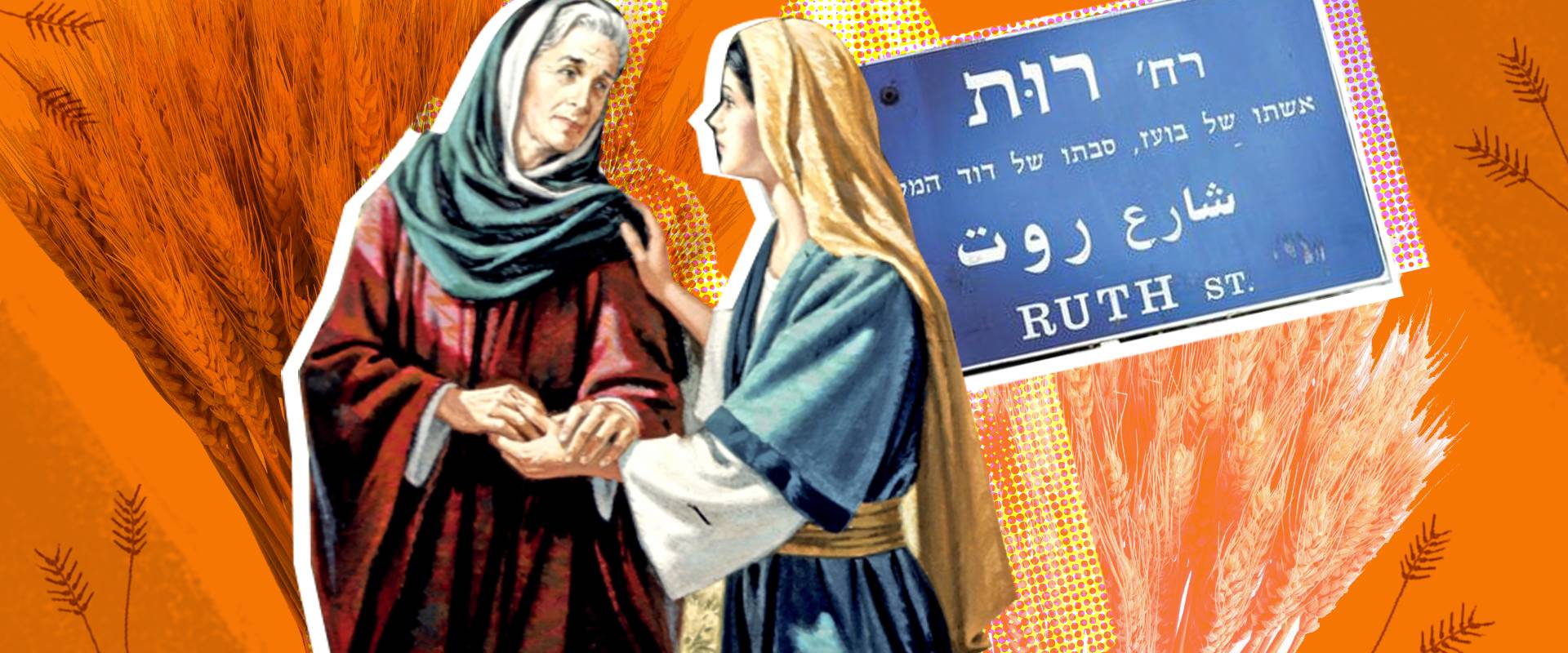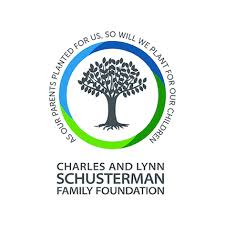Whither Thou Goest
- 1:08:56
- 2018

Somewhere between post-Passover fatigue and summer-is-around-the-corner excitement, Shavout tends to be overlooked. But in reality, it is the secret gem of the Jewish calendar: A festival that’s all about strong women, wheat harvests, creamy cheesecakes and receiving the Torah. What else could you possibly want from a Jewish holiday?
And at the center of this wondrous celebration is an unlikely heroine, the Bible’s quintessential convert to Judaism – Ruth the Moabite. Following the death of her Israelite husband, Mahlon, Ruth refused to part ways with her mother-in-law, Naomi. “Don’t urge me to leave you or to turn back from you,” she famously told her. “Where you go, I will go, and where you stay, I will stay. Your people will be my people, and your God, my God. Where you die, I will die, and there I will be buried.” Ruth followed Naomi back to Bethlehem, where she met a man, Boaz. They got married, had a son, and started an illustrious lineage, which supposedly included David, Solomon and Jesus.
Ruth herself has since become a feminist icon, a symbol of acceptance and dedication. In today’s episode, we will hear three modern-day incarnations of Ruth’s story – a trio of tales about determined women who will follow their hearts to the ends of the earth for love, family and companionship.
Prologue: Heroine and Great-Grandmother
Mishy Harman meets up with Councilwoman Fleur Hassan-Nahoum on the corner of Ruth Street in Jerusalem, to discuss the importance of historical memory. Only seven percent of Jerusalem’s streets, Fleur tell him, are named for women.
Act I: Tying a Knot
On the last day of a month-long journalistic assignment in Nepal, Danna Harman ran into three local street girls. She had just finished several unsuccessful rounds of IVF, and – back in Tel Aviv – she began daydreaming of an instant family. When one of the girls contacted her following the devastating earthquake, these dreams took on an unexpected life of their own. In a story about motherhood and friendship, Danna explores the bittersweet need for adjusting expectations. Julie Subrin edited this story.
Act II: Love in Translation
Sharon is Israeli. Cansu is Turkish. Sharon speaks Hebrew and English, Cansu Turkish and Macedonian. The barriers between them seem insurmountable – religion, culture, politics. But, as Judah Kauffman shows, love is a powerful force. Through a story about dating in the smartphone age, he introduces us to a woman who will follow love anywhere.
Act III: A Biblical Bond
Susi Doring Preston was a Peace Corps volunteer in Thailand when she met Tsiki Eyal at a nightclub in 2003. Their passionate love affair led her to the sleepy Israeli town of Mazkeret Batya. There, surrounded by tears, this freckled Tulsan formed a raw, painful and hopeful bond with a woman who could, and should, have been her mother-in-law. Federica Sasso tells a story which – if the Bible were rewritten in Israel today – would replace the Book of Ruth. Production help by Abby Neuschatz.
Credits
The original artwork for the episode is by Aura Lewis, and the original music was composed and performed by Ari Jacob. The final song, “At Telchi Ba’Sade,” is by Chava Alberstein. The episode was recorded by Ben Wallick and Paul Ruest, and mixed by Sela Waisblum. Thanks to Yael Sherer, Roni Hazon Weiss, Ariella Matar, Susma Gurung, Josh and Noah Berger, Doma Lama, Micha Odenheimer, David Friedlander, Yeshi Lama, Etan Cohen and Shara Grifenhagen Ellenbogen.
Sponsors
 The Charles and Lynn Schusterman Family Foundation is a global organization that seeks to ignite the passion and unleash the power in young people to repair the world. For over thirty years, Schusterman has been supporting inspiring organizations and passionate individuals who are improving public education in the United States; strengthening Israel and the Jewish people; building communities grounded in inclusion and equality and working to ensure children grow up free from abuse and neglect.
The Charles and Lynn Schusterman Family Foundation is a global organization that seeks to ignite the passion and unleash the power in young people to repair the world. For over thirty years, Schusterman has been supporting inspiring organizations and passionate individuals who are improving public education in the United States; strengthening Israel and the Jewish people; building communities grounded in inclusion and equality and working to ensure children grow up free from abuse and neglect.

 Wartime Diaries
Wartime Diaries

